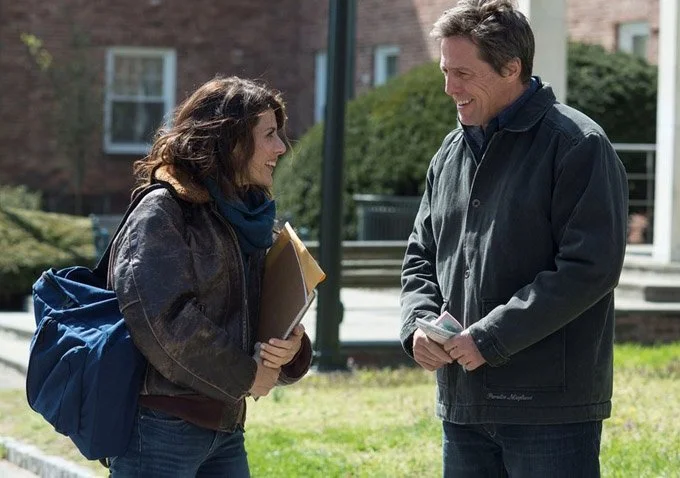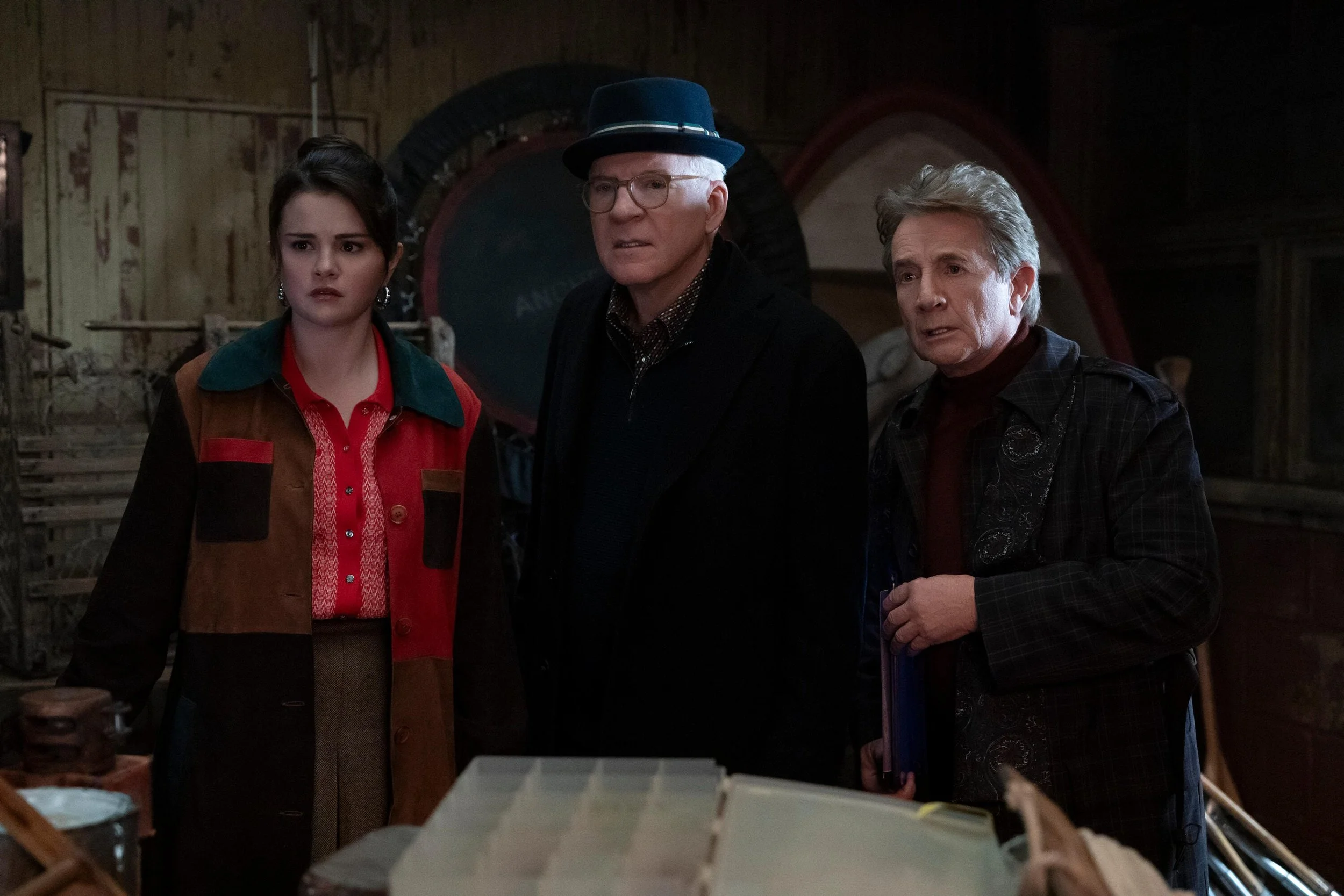The Rewrite is a fairly standard role for Hugh Grant who plays a befuddled and failing screenwriter who takes a teaching job at Binghamton University. Having only taken the position due to financial trouble and no other reason, Grant’s character maintains many of the disgruntled tropes - divorced, estranged from his son, rude to his co-workers, sleeping with a student, and still utterly lost in his own writing.
Keith Michaels (Grant) is at least happy to know that the town is where Rod Serling grew up. His agent has hounded him for year to write a sequel to the film that won him an Oscar. As he used to say it would be creative suicide, he is changing his mind as he no longer “believes” in himself. He meets a long list of characters played by a really good cast of character actors. J.K. Simmons plays the head of the English department, Allison Janney plays a Jane Austen loving professor (who has never seen Clueless which in my mind makes her a fraud), Chris Elliott plays a Shakespeare professor, and Marisa Tomei as Holly, woman back in college after a divorce. Everyone keeps saying, “I love your movie” reminding him that only one thing he wrote was a success.
As Keith doesn’t believe that writing can be taught, which Holly argues with him about, he blows off his class at first. However, through her badgering he finally reads some of the scripts from his students and finds talent. However, he can’t help taking advantage of their young minds to help with his sequel screenplay. Holly proves to have the insight needed to be a writer and her character is excellent at constructive criticism. He realizes that he needs to start with the basics of story structure and character development. His best advise is about creating a goal, an endgame for the story that you need to always keep in mind as the finishing line.
The movie is very much about how artists can be their own worst enemy and how their self-doubt can hinder or help those who look up to them.





